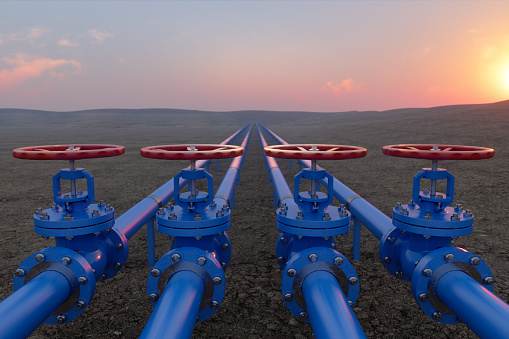For centuries, the world has been plagued by war, violence, and environmental pollution. It was not until recently that scientists started to realize that the burning of fossil fuels was increasing global temperatures.
What are the implications of this? Not only are polar bears dying off because they cannot adapt to their environment, but it is likely that oil reserves will run out sooner than you think.
“We’ve already found that there are fewer and fewer fossil fuel deposits that can be burned without raising the temperature of the planet to 2 degrees Celsius.
To keep it at or below that level, we must leave at least three quarters of all fossil fuels in the ground,” said climate researcher Christina Walkenhorst, University of Arizona.
Oil is a liquid form of petroleum. The liquid is made by separating the gas from crude oil in an oil refinery. The liquid has many uses in different industries throughout society.
The radz at han is a blob of oil with different colors that forms on the surface of water.
Here are some points discussed about Quenching oil–
1. Oil creates air pollution when burned.
When oil is burned by the common car, the smoke produced is what causes air pollution. Carbon dioxide and sulfur dioxide are just some of the gases present in the smoke.
These gases are harmful to our environment because they can create acid rain, form smog, and even ruin our food supply.
2. Oil is nonrenewable.
Oil is not renewable or recyclable, so if we use it for fuel, there will be nothing left for us to use in the future.
All living things depend on oil; without it we would die out as a species, but yet we are depleting our oil reserves at an alarming rate.
Oil can cause air pollution if spilled into water supplies or onto land surfaces during transportation to storage tanks or refineries .
3. Oil is one of the most likely to cause global warming.
Oil is the most carbon-intensive fuel source that the world has. If oil is burned, carbon dioxide can be captured by plants, which then become “carbon sinks”.
However, if there are no plants to capture the CO2, it will just trap more heat in the atmosphere and increase global temperatures.
4. Oil could run out soon.
Every year we extract more oil than we use. Only about 3% of all US oil reserves are usable by 2013; every year we extract less than this amount so at some point there will be no oil left to extract.
However, we do not know when this point will come and we can’t stop using oil until we run out.
5. Oil spills and leaks .
If the oil is not transported safely and protected from contamination, it can leak out of the transportation trucks, pipelines, or storage containers.
This happens every day in the United States alone. Even though there are laws enforced to prevent oil leaks, it still happens for many reasons that are really hard to control.
Some factors that cause oil spills are weather, wear on pipelines because of age, failures in equipment caused by corrosion or human error.
When an oil spill occurs near water it is bad for the environment because the water becomes polluted because of chemicals used to clean up after a spill.
6. Oil creates air pollution when burned.
When oil is burned by the common car, the smoke produced is what causes air pollution. Carbon dioxide and sulfur dioxide are just some of the gases present in the smoke. These gases are harmful to our environment because they can create acid rain, form smog, and even ruin our food supply.
The oil used has a lot of toxic chemicals added to it that are not good for your health by breathing in them over time or eating them through contaminated fish .
Some of these chemicals are DDT, PCBs, PAHs, benzene which are chemicals that have been known to cause cancer or birth defects in children born to women who have been exposed.
Added to that is the CO2 that is released into the atmosphere when oil is burned. This is even worse for your health because it is a greenhouse gas, trapping more heat in the atmosphere which will cause more global warming.
According to research conducted by scientists at Berkeley, California about 10% of all pollution in the US comes from cars. The majority of this pollution comes from cars running on gasoline, diesel fuel, and biofuels.
The carbon dioxide contained in these fuels has been identified as one of the most significant greenhouse gases contributing to global warming.




